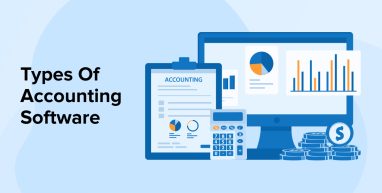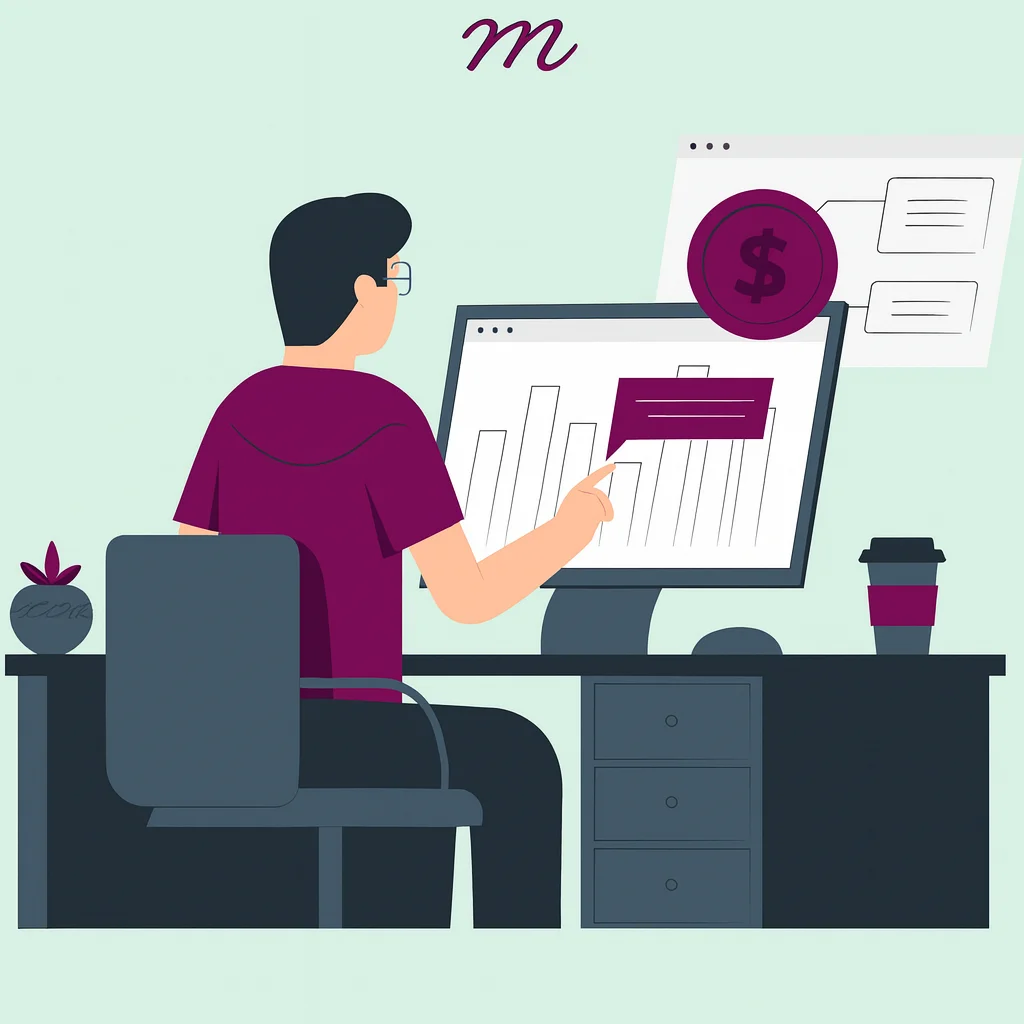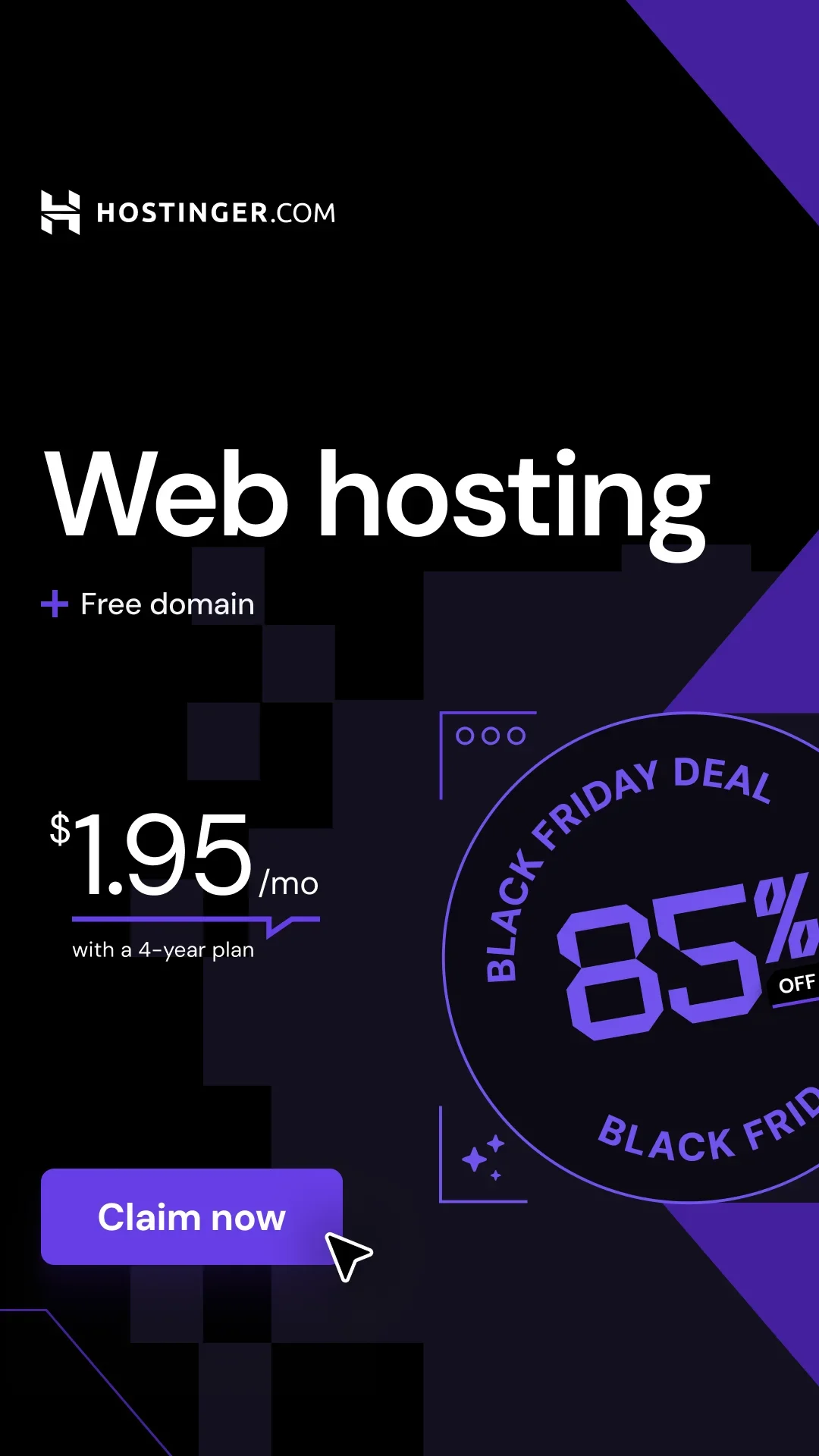Managing finances in healthcare can be overwhelming. You need clear, accurate, and efficient tools to keep your practice running smoothly.
Finding the best accounting software for healthcare isn’t just about numbers—it’s about saving your time and reducing stress. Imagine a solution that simplifies invoicing, tracks expenses, and helps you stay compliant effortlessly. If you want to discover a tool designed to make your financial tasks easier, keep reading. One standout option you should consider is Freshbooks, trusted by many healthcare professionals for its user-friendly features and reliable support. Let’s explore why Freshbooks might be the perfect fit for your healthcare accounting needs.
Introduction To Accounting Software In Healthcare
Healthcare providers deal with complex financial operations daily. From managing patient bills to handling payroll, their accounting needs require precision and efficiency. Accounting software tailored for the healthcare industry simplifies these tasks, ensuring compliance and seamless financial management. Specialized tools are designed to meet the unique demands of hospitals, clinics, and other medical facilities.
The Importance Of Specialized Accounting Tools For Healthcare Providers
Healthcare providers need accounting tools that address industry-specific challenges. Generic software lacks the functionality required for managing medical billing, insurance claims, and patient payment plans. Specialized tools include features like:
- HIPAA compliance for safeguarding patient data.
- Integration with Electronic Health Records (EHRs) to streamline financial workflows.
- Customizable templates for medical invoices and reports.
- Support for managing insurance reimbursements and co-pays.
By using purpose-built accounting software, healthcare providers can focus on delivering quality care while ensuring their financial processes are accurate and compliant.
How Accounting Software Enhances Financial Management In Healthcare
Accounting software improves financial management by automating routine tasks. This reduces the risk of human error and saves time. Key benefits include:
| Feature | Benefit |
|---|---|
| Automated Billing | Generates invoices quickly, ensuring timely payments. |
| Expense Tracking | Monitors operational costs to maintain budget control. |
| Payroll Management | Handles staff salaries efficiently. |
| Financial Reporting | Provides detailed insights into revenue and expenses. |
Freshbooks is an excellent example of accounting software for healthcare. It offers an intuitive interface and powerful features, making financial management easier for healthcare providers.

Credit: www.tatvasoft.com
Key Features Of Top Healthcare Accounting Software
Healthcare accounting software must handle complex financial tasks smoothly and accurately. The best solutions offer tools that save time, reduce errors, and ensure compliance. These features help healthcare providers focus more on patient care and less on paperwork.
Automated Billing And Claims Processing For Faster Reimbursements
Automated billing speeds up invoice creation and payment collection. It reduces manual data entry, lowering mistakes and delays. Claims processing is streamlined to submit insurance claims quickly. This feature helps healthcare offices receive payments faster and improve cash flow.
- Automatic invoice generation
- Insurance claim submission
- Error detection before submission
- Payment reminders and tracking
Compliance And Regulatory Support To Avoid Legal Issues
Healthcare accounting software must follow industry laws and rules. It supports compliance with standards like HIPAA and tax regulations. Built-in checks ensure accurate reporting and secure handling of sensitive data. This reduces risks of fines or legal problems.
- Tax form generation and filing
- Audit trails for transactions
- Data encryption aligned with healthcare laws
- Regular software updates for new regulations
Integration With Electronic Health Records (ehr) Systems
Connecting accounting software with EHR systems improves data accuracy. Patient billing and financial data sync automatically. This integration cuts down duplicate entries and streamlines workflows. It creates a unified view of patient and financial information.
- Real-time data synchronization
- Unified patient and billing records
- Reduced manual data entry
- Simplified reporting and audits
Real-time Financial Reporting And Analytics For Better Decision Making
Live financial reports give instant insights into revenue and expenses. Analytics tools highlight trends and areas needing attention. This helps healthcare managers plan budgets and optimize operations. Customizable dashboards allow tracking key performance indicators easily.
- Cash flow monitoring
- Profit and loss statements
- Expense tracking by department or service
- Visual charts and graphs
Secure Data Management To Protect Patient And Financial Information
Data security is crucial in healthcare accounting. Software uses encryption and access controls to protect sensitive information. Regular backups prevent data loss. Secure management builds trust and complies with privacy laws.
- End-to-end data encryption
- User role permissions
- Automated backups and disaster recovery
- Compliance with healthcare data standards
Pricing And Affordability Comparison
Understanding the pricing structure is crucial for healthcare practices selecting accounting software. Costs vary based on features, user limits, and subscription types. This section breaks down pricing details to help you find software that fits your budget and needs.
Subscription Models And Licensing Fees Explained
Most accounting software, including FreshBooks, uses a subscription model. This means paying a monthly or annual fee for access rather than a one-time purchase.
- Monthly Subscription: Pay every month with the flexibility to cancel anytime.
- Annual Subscription: Pay once a year, usually at a discounted rate.
- User Limits: Different plans allow varying numbers of users or clients.
- Additional Fees: Some features may cost extra, such as advanced reporting or integrations.
FreshBooks offers tiered pricing based on the number of billable clients, making it scalable for small to medium healthcare practices.
Cost Vs. Value: Assessing Roi For Healthcare Practices
Cost alone does not determine the best choice. The return on investment (ROI) depends on how the software improves efficiency and accuracy.
- Time Savings: Automated invoicing and payment tracking reduce manual work.
- Error Reduction: Accurate billing minimizes costly mistakes and compliance risks.
- Financial Insights: Real-time reports help manage expenses and revenue better.
- Patient Management: Some software integrates with patient records, saving extra steps.
Choosing software like FreshBooks can offer a solid ROI by simplifying accounting tasks and improving cash flow.
Available Free Trials And Discounts For Healthcare Providers
Many accounting software options provide free trials to test features without commitment.
- FreshBooks Trial: 30-day free trial with full access to features.
- Discounts: Special pricing or discounts may be available for healthcare providers or nonprofits.
- Flexible Plans: Ability to upgrade or downgrade plans during or after the trial.
Trying software before buying helps healthcare practices avoid unnecessary expenses and ensures the software meets their needs.
Pros And Cons Based On Real-world Usage
Choosing the right accounting software for healthcare organizations can be challenging. Freshbooks is a popular choice, offering features tailored to meet healthcare-specific needs. Below, we analyze its pros and cons based on real-world usage in healthcare settings, covering critical aspects.
User Experience And Ease Of Use In Busy Healthcare Settings
Healthcare professionals often face tight schedules and demanding environments. Freshbooks is known for its intuitive interface, which simplifies tasks like invoice generation and expense tracking. Many users appreciate its easy navigation, reducing the time spent on administrative tasks. However, some users report that complex operations like multi-department accounting require additional steps, which can be time-consuming.
- Pros: Streamlined design, suitable for non-accounting professionals.
- Cons: Advanced features may require a learning curve in healthcare scenarios.
Customer Support And Training Resources
Freshbooks offers 24/7 customer support and detailed training resources, which are vital for healthcare teams managing finances. Their online tutorials and webinars help new users get started quickly. On the downside, users have reported occasional delays in resolving complex issues during peak hours.
- Pros: Comprehensive support and training resources for first-time users.
- Cons: Resolution times for advanced queries may be slower.
Scalability And Customization Options
Healthcare organizations often need software that grows with their operations. Freshbooks provides scalable solutions, allowing users to upgrade plans as their needs increase. Customization options enable tailoring reports and invoices to suit specific healthcare requirements. However, some users feel the customization features could be more advanced to handle unique healthcare data workflows.
- Pros: Scalable plans to accommodate organizational growth.
- Cons: Limited customization for niche healthcare accounting needs.
Common Challenges And Limitations Noted By Healthcare Users
While Freshbooks is highly rated, healthcare users have noted a few challenges. The software lacks specialized healthcare integrations like linking directly to electronic health records (EHRs). Additionally, some users report that handling multi-location finances can be cumbersome.
| Challenge | Description |
|---|---|
| Healthcare integrations | Does not support direct EHR integration. |
| Multi-location management | Requires manual adjustments for multi-location accounting. |
Ideal Users And Scenarios For Each Accounting Software
Choosing the right accounting software depends on the size, needs, and focus of a healthcare practice. Different tools serve distinct roles, from managing simple invoices to handling complex billing and compliance. Understanding who benefits most from each software helps make smarter decisions.
Best Solutions For Small Clinics And Solo Practitioners
Small clinics and solo practitioners need easy-to-use software with strong invoicing and expense tracking. The software should simplify billing and save time on accounting tasks.
- Simple billing features: Quick invoice creation and payment tracking.
- Expense management: Easy recording of medical supplies and operational costs.
- User-friendly interface: Minimal training required.
- Affordable pricing: Fits limited budgets.
FreshBooks is ideal here. It offers streamlined invoicing, automatic expense tracking, and mobile access. Solo practitioners can focus more on patients, less on paperwork.
Top Picks For Large Hospitals And Healthcare Networks
Large hospitals need accounting software that handles multiple departments and complex billing cycles. Integration with existing healthcare systems is crucial.
| Feature | Requirement |
|---|---|
| Multi-user access | Supports many staff with role-based permissions |
| Advanced reporting | Generates detailed financial and operational reports |
| System integration | Works with EHR and hospital management software |
| Scalability | Handles high transaction volumes smoothly |
These features ensure accurate financial management and compliance across departments.
Software Recommendations For Medical Billing Specialists
Medical billing specialists require software focused on claims processing, payment reconciliation, and error reduction. Automation and easy updates on insurance rules are key.
- Claims management: Easy submission and tracking of insurance claims.
- Payment processing: Reconciliation of payments and adjustments.
- Error alerts: Identifies billing mistakes quickly.
- Regular updates: Reflects current insurance policies.
Software with these features reduces denials and improves cash flow for billing teams.
Tools Suited For Practices Focused On Compliance And Security
Healthcare practices must protect patient data and follow strict regulations like HIPAA. Software should offer strong security and compliance tools.
- Data encryption: Protects sensitive financial and patient information.
- Access controls: Limits who can view or edit data.
- Audit trails: Tracks all changes for accountability.
- Compliance support: Helps meet legal standards.
Choosing software with these features minimizes risk and builds trust with patients.

Credit: thecfoclub.com
Conclusion And Final Recommendations
Choosing the right accounting software for healthcare is key to managing finances smoothly. Efficient tools reduce errors and save time. This helps healthcare providers focus more on patient care. Below is a summary of top accounting tools and tips for selecting software based on your practice’s needs.
Summarizing The Best Accounting Tools To Boost Healthcare Efficiency
| Software | Key Features | Benefits for Healthcare |
|---|---|---|
| FreshBooks |
|
|
FreshBooks stands out for its user-friendly design and essential features. It suits healthcare practices needing simple but effective accounting solutions.
Tips For Choosing The Right Software Based On Practice Needs
- Assess Practice Size: Small clinics need simple tools; large hospitals require advanced features.
- Consider Integration: Software should connect with existing healthcare systems.
- Prioritize User Experience: Easy navigation saves time and reduces mistakes.
- Focus on Compliance: Ensure software supports healthcare billing and tax rules.
- Check Support and Training: Reliable customer service helps during setup and use.
- Evaluate Cost: Choose software that fits your budget without losing quality.
Choosing the right accounting software improves financial management and practice efficiency. Focus on tools that match your specific healthcare needs and simplify daily tasks.

Credit: www.mentalyc.com
Frequently Asked Questions
What Features Should Healthcare Accounting Software Have?
Healthcare accounting software must include billing, payroll, and compliance tracking. It should handle insurance claims and patient payments efficiently. Integration with medical records improves accuracy. Customizable reports and data security are also essential features.
How Does Healthcare Accounting Software Improve Financial Management?
It automates billing and payment processes, reducing errors and delays. The software tracks expenses and revenue in real time. This improves budgeting and cash flow management. It also ensures regulatory compliance, minimizing financial risks and audits.
Which Accounting Software Is Best For Small Healthcare Providers?
For small providers, software like QuickBooks Healthcare or Xero offers simplicity and affordability. These programs handle invoicing, payroll, and tax compliance well. They are user-friendly and provide essential healthcare-specific features without overwhelming complexity.
Can Healthcare Accounting Software Integrate With Medical Systems?
Yes, most top healthcare accounting software integrates with Electronic Health Records (EHR) and Practice Management Systems. Integration streamlines data flow between billing and clinical departments. This reduces manual entry and improves financial accuracy.
Conclusion
Choosing the best accounting software for healthcare simplifies managing finances. FreshBooks offers tools for invoicing, expense tracking, and reporting. Its user-friendly design fits non-accountants and busy professionals. Streamline your workflow and save time on administrative tasks. Explore features tailored to healthcare businesses and improve accuracy. Visit FreshBooks to learn more and get started today.







